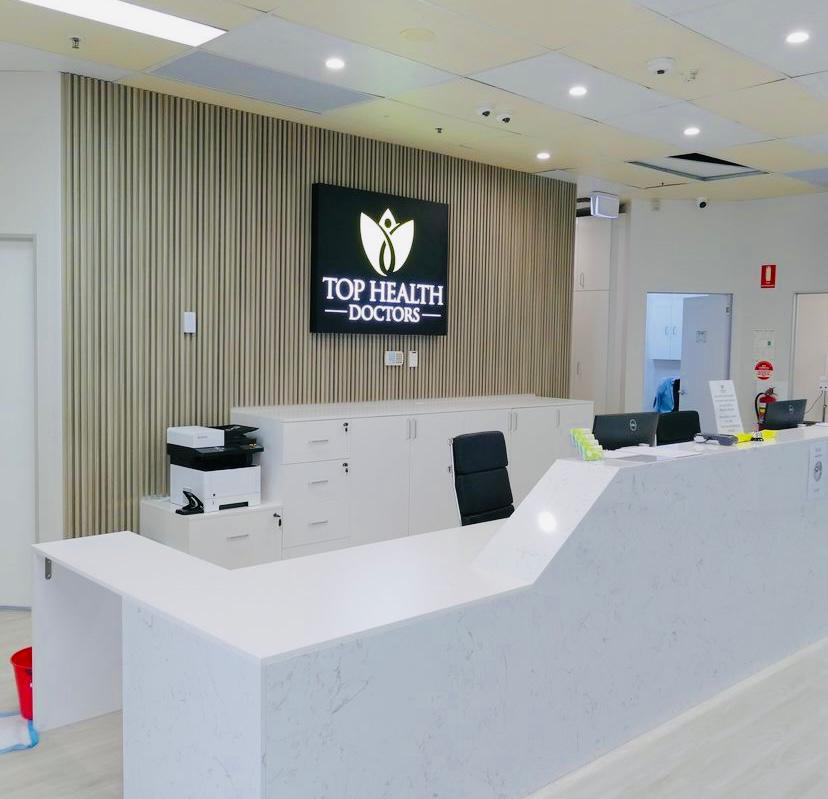Drinking and your health
The ‘silly season’ is upon us, and we all need time to unwind and relax with those we work with, as well as our friends and our family to celebrate yet another year. It is often a time when we tend to have a lot more alcohol than normal. Whilst we do not want to dampen your spirits (pun intended), it is important to consider how alcohol impacts your health and what the safe limits are.
How does alcohol effect your health?
¹Heavy use or excessive drinking can and does lead to adverse health problems. Many of these problems don’t arise till later in life so we may tend to think the drinking is not impacting us, but it is.
²Excessive alcohol consumption can increase the risks of:
- Confusion and memory loss
- Developing cancer
- Liver disease
- Heart disease
- Fertility problems
- Diabetes
- Dementia
Does drinking alcohol really increase your risk of developing cancer?
Let’s just take one examples of the health risks for you to contemplate – alcohol and cancer. ¹The Cancer Council reports that there is considerable evidence that drinking “any type of alcohol increases the risk of cancers of the breast, mouth, bowel, throat, voice box, oesophagus and liver.” It doesn’t matter what type of drink it is; it can contribute to adverse health issues.
Alcohol and Weight Gain
We all know that alcohol is high in calories. Excessive alcohol consumption can lead to weight gain and obesity which in turn will have an impact on your health and put you at greater risk of many diseases. Mixed drinks in particular have a very high calorie count.
A helpful guide on calories per alcoholic drink is below:
| BEVERAGE | SERVING SIZE | CALORIES |
| Beer | ||
| Beer (light) | 355 ml | 103 |
| Beer (regular) | 355 ml | 153 |
| Beer (higher alcohol, craft beers) | 355 ml | 170 to 350 |
| Distilled Alcohol | ||
| Gin/Rum/Vodka/Whiskey | 45 ml | 116 |
| Liqueurs | ||
| E.g., Coffee liqueur | 45 ml | 160 |
| Mixed Drinks | ||
| Bloody Mary | 136 ml | 120 |
| Cosmopolitan | 81 ml | 146 |
| Daiquiri | 80 ml | 137 |
| Mai Tai | 145 ml | 306 |
| Margarita | 120 ml | 168 |
| Mojito | 177 ml | 143 |
| Pina colada | 200 ml | 526 |
| Rum and Coke | 235 ml | 185 |
| Wine | ||
| White Wines | 145 ml | 128/9 |
| Red wines | 145 ml | 121-125 |
| Calorie count – alcoholic beverages (source: table adapted from Medlineplus.gov) | ||
Have you seen the ‘light wines’ available in the market? There are now options for wines with a lower calorie and/or alcohol count. This may be an option to help you manage the intake and still enjoy a glass with your friends.
So, what is considered a safe amount of alcohol?
³The Australian Alcohol Guidelines:
- healthy adults should drink no more than 10 standard drinks in a week, and no more than 4 standard drinks on any one day
- people under 18, and women who are pregnant, planning a pregnancy, or breastfeeding shouldn’t drink any alcohol
What is a standard Drink then?
Here are some ³examples:
- Light Beer (2.7% alc/vol): 425 ml
- Mid strength Beer (3.5% alc/vol): 375 ml
- Full strength Beer (4.9% alc/vol): 285 ml
- Sparkling wine (13% alc/vol): 100 ml
- Wine (13% alc/vol): 100 ml
- Regular Cider (4.9% alc/vol): 285 ml
- Straight Spirit (40% alc/vol): 30 ml
Other considerations: Being a good Role model for your children.
Have you considered the role you play in safe and sensible alcohol consumption as a role model for your children. Children are incredibly impressionable so it’s well worth considering how you are caring for your health in relation to sensible alcohol consumption in front of the peering eyes of children who tend to watch everything their parents do (and hear what they say for that matter).
How can lifestyle changes improve your health?
You may be thinking that Doctors all harp on about lifestyle changes, preventive health etc…but little changes can and do make a difference to your health. To this end, we hope we have provided some detail that will help you consider safe and sensible use of alcohol, whilst still have the relaxing time with your loved ones.





















